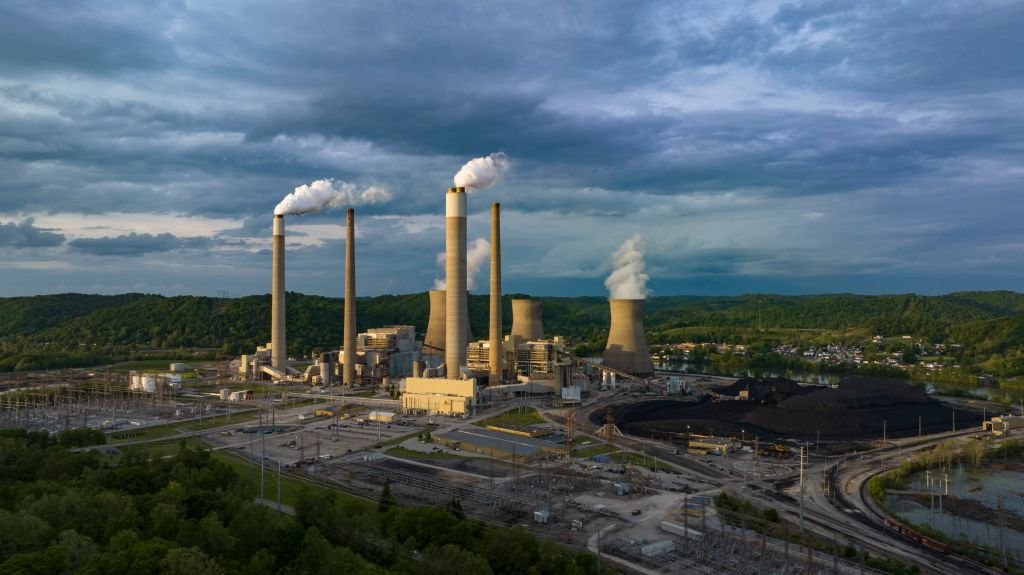Failure to complete the revision process would leave the EPA vulnerable to claims that it’s relying on an incomplete draft report for its scientific justifications. So, while the DOE’s tactics may protect some of its internal documents, it may ultimately cause larger problems for the Trump administration’s agenda.
Attacking the academies
Earlier this year, we were critical of the US’s National Academies of Science for seemingly refusing to respond to the Trump administration’s attacks on science. That reticence appeared to end in August with the release of the DOE climate report and the announcement that the EPA was using that report as the latest word on climate science, which it argued had changed considerably since the initial EPA decisions on this issue in 2009.
In response, the National Academies announced that it would fast-track a new analysis of the risks posed by greenhouse gases, this one done by mainstream scientists instead of a handful of fringe figures. The goal was to get it done before the EPA closed its public comment period on its proposal to ignore greenhouse gases.
Obviously, this poses a threat to the EPA’s planned actions, which apparently prompted Republicans in Congress to step in. Earlier this month, the chair of the House Committee on Oversight and Government Reform, Rep. James Comer (R-Ky.), announced he was investigating the National Academies for preparing this report, calling it “a blatant partisan act to undermine the Trump Administration.”
Comer has also sent a letter to the National Academies, outlining his concerns and demanding a variety of documents. Some of these are pretty convoluted: “The study is led by a National Academies member who serves as an external advisor to the Science Philanthropy Alliance, which has ties to the left-wing group Arabella Advisors through the New Venture Fund, an organization that promotes a variety of progressive causes and funds major climate litigation,” Comer says, suggesting … it’s not entirely clear what. Another member of the study panel had the audacity to endorse former President Biden for his climate policies. Separately, Comer says he’s concerned about the source of the funds that will pay for this study.

